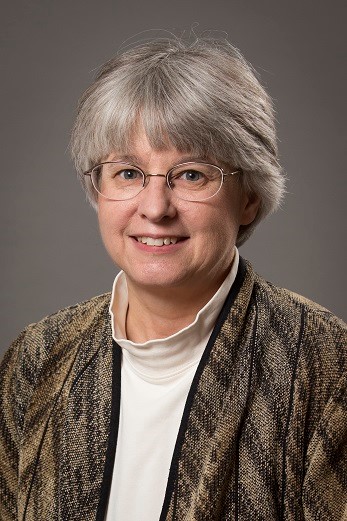
Professor
Texas Tech University
Professor Korzeniewski's research involves using sensitive analytical techniques to monitor chemical and physical processes at liquid-metal interfaces. These processes are classified as electrochemical and play a vital role in many areas of technological importance.
One area of research involves mapping pathways of surface catalyzed organic oxidation reactions. Small alcohols and aldehydes are under study, because of their importance as fuel cell reactants and intermediates. The oxidation of these species at the surface of a transition metal catalyst, such as platinum, releases electrical energy. Fuel cells based on the oxidation of hydrogen supply electricity for space exploration, and methanol-powered fuel cells are investigated for use in commercial power generation and electric vehicles. The Korzeniewski group studies factors that cause efficiency loss in these reactions. Electrochemical, spectroscopic and chromatographic techniques are used. Infrared spectroscopy aids the identification of species that block, or poison, the catalyst surface. Detection at the picomole level can be achieved for certain adsorbates. Separations and mass spectrometry techniques allow the identification of soluble, partial oxidation products.
Single crystal materials are used in this research to investigate how the arrangement of atoms on the metal surface affects adsorption and reactivity. We also prepare, typically Pt-based, metal crystallites for use as fuel cell catalysts.
A related area of research involves the study of ion transporting membrane materials that have application as anode/cathode separators in electric power sources. Focus has been on fluorinated polymers that assemble to form nanoscale ion conduction paths. Infrared spectroscopy is employed to investigate polymer structure and the properties of water confined within ion conduction regions.
Professor Korzeniewski receved a Ph.D., from the University of Utah in the 1987 and held a postdoctoral study at the University of Texas at Austin. Her primary research area is Analytical Chemistry with priicpal research interests in Electrochemistry, Surface Catalysis and Materials Chemistry.
